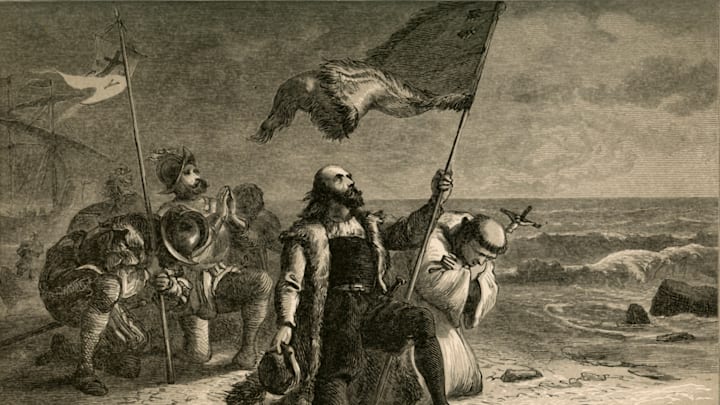The Exploration and Colonization of the Americas

The exploration of the Americas began with the voyages of Christopher Columbus, who, under the sponsorship of Spain, made his first journey across the Atlantic in 1492. Columbus's expeditions opened the way for further exploration and the eventual colonization of the New World by European powers. Spain, Portugal, France, England, and the Netherlands were among the major European nations that established colonies in the Americas, driven by the pursuit of wealth, resources, and territorial expansion.
The arrival of Europeans in the Americas had devastating effects on the indigenous populations. The introduction of diseases such as smallpox, influenza, and measles, to which Native Americans had no immunity, led to catastrophic population declines. It is estimated that millions of indigenous people perished as a result of these diseases, decimating entire communities and cultures.
In addition to the spread of diseases, the European colonization of the Americas involved the exploitation and displacement of indigenous peoples. The encomienda system, implemented by the Spanish, granted colonists the right to extract labor and tribute from Native Americans in exchange for supposed protection and Christianization. This system often resulted in severe exploitation and harsh conditions for the indigenous populations. Similar systems of forced labor and exploitation were established by other European powers, contributing to the widespread suffering and displacement of Native Americans.
The colonization of the Americas also led to significant economic changes. The extraction of valuable resources, such as gold, silver, and sugar, fueled the economies of the European colonial powers and contributed to the rise of a global trade network. The establishment of plantations and the cultivation of cash crops, such as tobacco and sugar, required a large labor force, leading to the transatlantic slave trade. Millions of Africans were forcibly transported to the Americas and subjected to brutal conditions as enslaved laborers, creating a legacy of racial inequality and exploitation that persists to this day.
The cultural impact of European colonization was profound. The exchange of goods, ideas, and technologies between the Old World and the New World, known as the Columbian Exchange, transformed societies on both sides of the Atlantic. European settlers introduced new crops, animals, and technologies to the Americas, while the introduction of American crops, such as potatoes, maize, and tomatoes, had a significant impact on European diets and agricultural practices. This exchange also included the transmission of cultural practices, religious beliefs, and languages, leading to the creation of new, hybrid cultures in the colonial societies.
The colonization of the Americas also had significant political implications. The competition among European powers for control of territories in the New World led to conflicts and rivalries that shaped the geopolitical landscape. The establishment of colonial governments and the imposition of European legal and political systems influenced the development of new political entities in the Americas. Over time, the colonial experience and the interactions between different cultures contributed to the emergence of new identities and movements for independence.
The legacy of the exploration and colonization of the Americas is complex and multifaceted. While it led to significant advancements in navigation, trade, and cultural exchange, it also resulted in the widespread suffering and displacement of indigenous populations and the establishment of systems of exploitation and inequality. The impacts of this period continue to be felt in contemporary discussions on colonialism, identity, and justice.
In conclusion, the exploration and colonization of the Americas was a transformative period that reshaped the world. The voyages of European explorers and the subsequent establishment of colonies had profound and lasting impacts on indigenous populations, European powers, and the global order. Understanding this history is essential to comprehending the complex legacies of colonization and addressing the ongoing challenges and opportunities in the Americas and beyond.